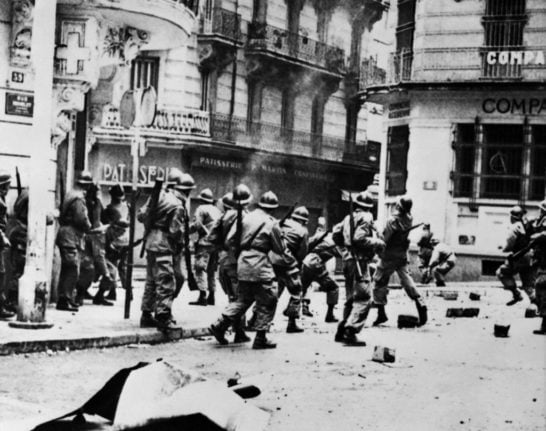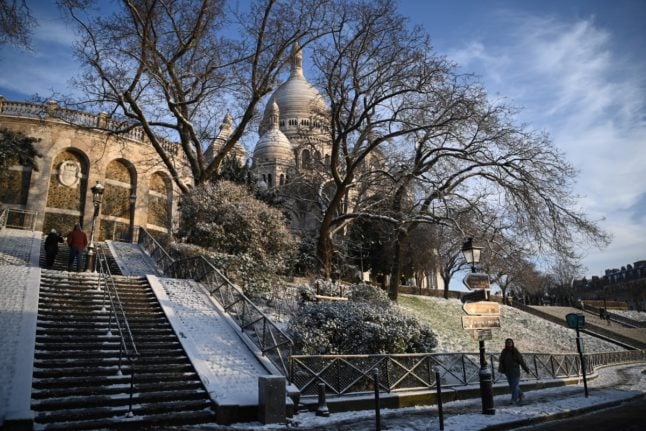France has made tentative attempts to heal the wounds but refuses to “apologise or repent” for its 132 years of often brutal colonial rule.
On the eve of the 60th anniversary of the Evian accords that ended the bloodshed signed on March 18th, 1962, France’s struggle with its legacy in Algeria continues.
Independence
Algeria, which Paris regarded as an integral part of France, became independent on July 5th, 1962, after a devastating eight-year war.
So bitter was the divide in France over Algeria that the decision to pull out led some top generals to attempt a coup.
French historians say half a million civilians and combatants, the vast majority Algerian, were killed in the war, while the Algerian authorities insist the actual figure is three times higher.
It took France nearly 40 years to officially acknowledge that “the events in North Africa” constituted a war.
Exodus
In the space of a few months of independence, one million pieds-noirs, settlers of European extraction, fled to France.
Ironically, they often ended up living alongside Algerian immigrants. Many would later become the backbone of the French far right.
Some Algerians who fought for the French, known as Harkis, were executed or tortured in Algeria, but their numbers are highly contested.
Another 60,000 ended up in squalid internment camps in France.
Presidents’ takes on France’s recent past
Valery Giscard d’Estaing was the first French president to visit independent Algeria in April 1975.
His successor Francois Mitterrand said “France and Algeria are capable of getting over the trauma of the past” during a visit in November 1981.
Nicolas Sarkozy admitted the “colonial system was profoundly unjust”.
François Hollande called it “brutal” and in 2016 became the first president to mark the end of the war – causing uproar among his opponents.
Emmanuel Macron, the first French president born after the war, infuriated the right by calling the colonisation of Algeria “a crime against humanity” during his election campaign in 2017.
He said it was time France “looked our past in the face”.
‘Symbolic gestures’
After he was elected president, Macron apologised to the widow of a young French supporter of Algerian independence, a communist who had been tortured to death by the French army in 1957.
Macron also admitted Algerian lawyer Ali Boumendjel was tortured and killed the same year, a murder French authorities had long denied.
After the January 2021 publication of a state-commissioned report on colonisation by Algerian-born French historian Benjamin Stora, Macron said “symbolic gestures” could help reconcile the two countries.
He also begged forgiveness from Harkis who had been “abandoned” by France.
History ‘rewritten’
But Macron has rejected calls for France to “apologise or repent” for its time in Algeria.
He sparked a major rift in late 2021 after he accused Algeria’s post-independence “political-military system… (of) totally rewriting” the country’s history.
Two weeks later he described the 1961 massacre of scores of Algerian protesters in Paris by French police as “an inexcusable crime”.
In January 2022 he also recognised two 1962 massacres of pieds-noirs who opposed Algerian independence by French forces, as well as the deaths of anti-war protesters killed by Paris police the same year.



 Please whitelist us to continue reading.
Please whitelist us to continue reading.
Member comments